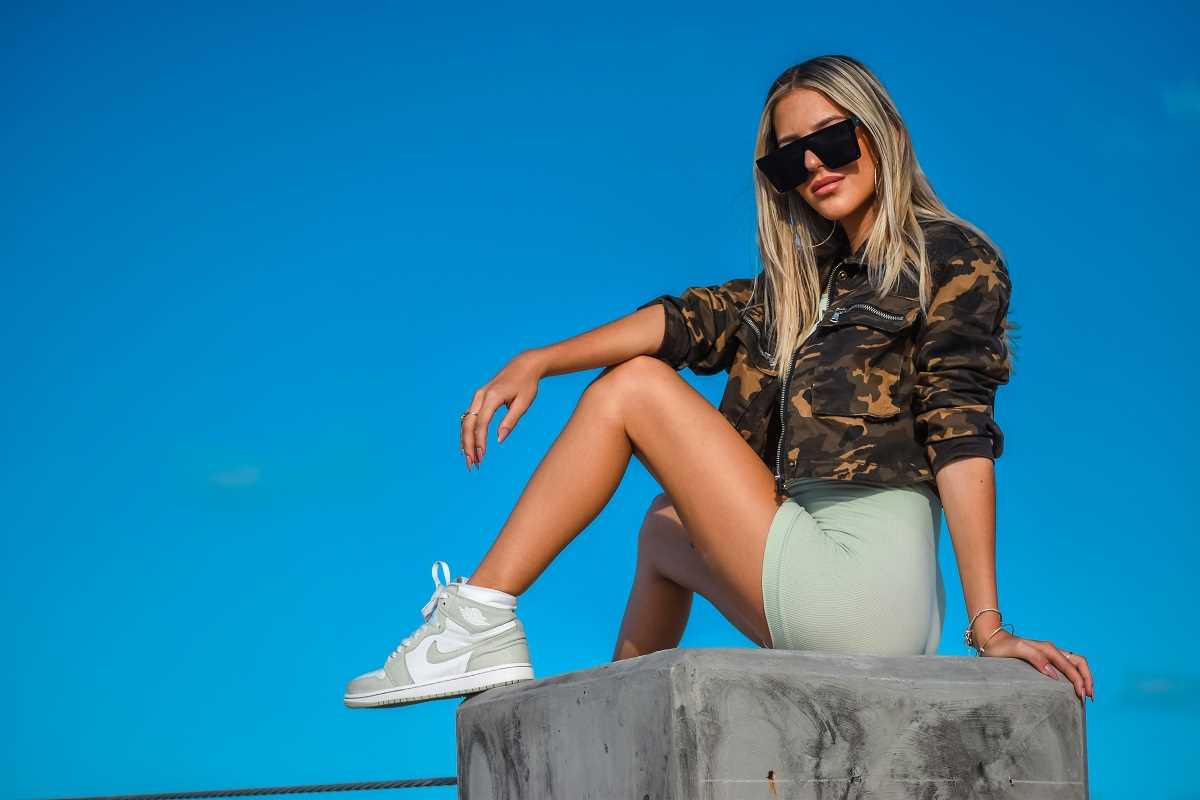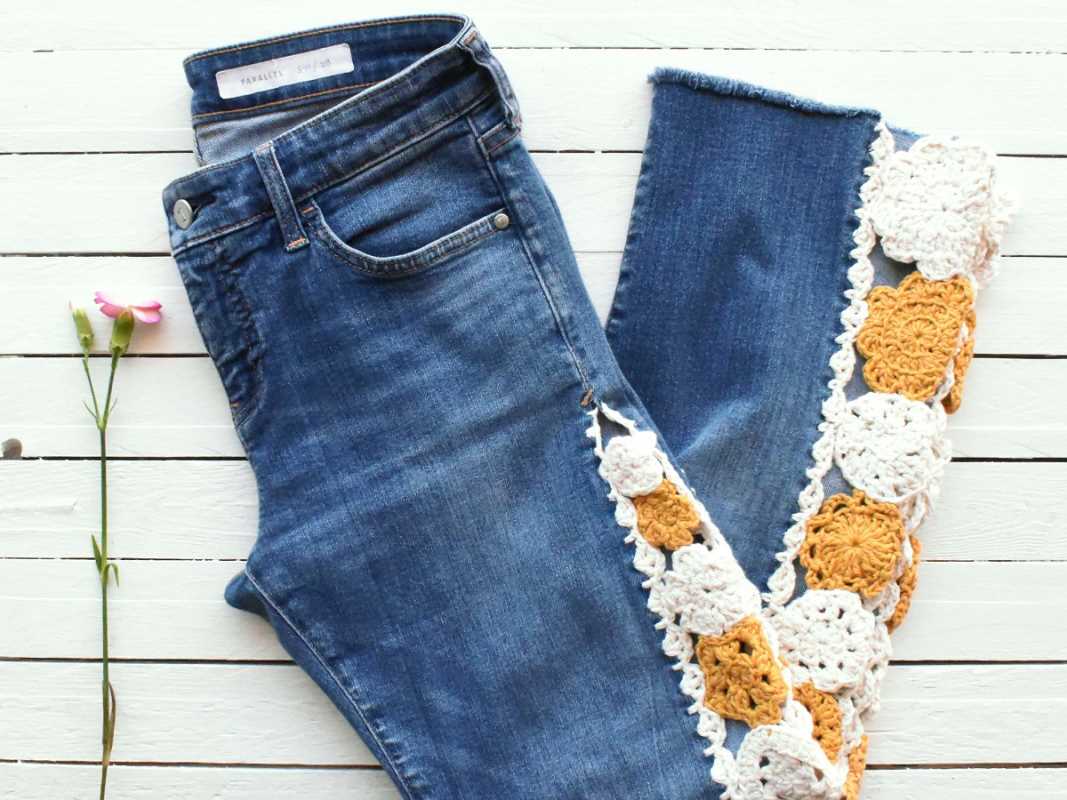The world of fashion is changing. For years, the industry was dominated by a "fast fashion" model that produced trendy, inexpensive clothes at a dizzying pace. While it made style accessible, it came at a high environmental and human cost. Now, a growing movement is pushing back. Consumers are asking tough questions about where their clothes come from and what impact they have on the planet. This has given rise to a new wave of brands dedicated to doing things differently. These companies are proving that style and sustainability can go hand in hand. They are rethinking everything from the materials they use to how their garments are made and what happens to them at the end of their life. As we look ahead, these are the innovators to watch.
What Makes a Fashion Brand Truly Sustainable?
Before we highlight some amazing brands, it's helpful to understand what "sustainable fashion" really means. It's a broad term that covers a range of practices aimed at minimizing negative impacts. It’s not just about using organic cotton. A truly sustainable brand often focuses on several key areas.
First is the choice of materials. They prioritize eco-friendly fabrics like organic linen, hemp, TENCEL™ Lyocell (made from wood pulp), and recycled materials like polyester from plastic bottles or nylon from old fishing nets. These materials require less water, fewer pesticides, and reduce waste.
Second is ethical production. This means ensuring that the people who make the clothes are treated fairly. Sustainable brands are transparent about their supply chains, guaranteeing safe working conditions and paying fair wages to garment workers. They reject the exploitative labor practices often hidden behind low price tags.
Finally, many of these brands embrace a circular economy model. Instead of the traditional "take, make, dispose" system, they design clothes to last. They may offer repair programs, use durable construction techniques, or have take-back programs that recycle old garments into new ones. This approach aims to eliminate waste entirely.
Pangaia: The Intersection of Science and Style
Pangaia has made a huge splash by positioning itself as a "materials science company" as much as a fashion brand. They are famous for their brightly colored tracksuits and hoodies, but the real innovation is happening behind the scenes in their labs. Their goal is to solve environmental problems through textile development.
The brand uses a host of groundbreaking materials. For example, their FLWRDWN™ is a cruelty-free alternative to animal down, made from a combination of wildflowers, a biopolymer, and a cellulose aerogel. They also use fabrics made from seaweed, plant fibers, and recycled materials. Their dyeing process is also innovative, using plant-based dyes and a more water-efficient system to reduce their environmental footprint.
What makes Pangaia a brand to watch in 2025 is its commitment to open-sourcing its technology. They aren't just creating sustainable products for themselves; they are developing solutions that they hope the entire industry will adopt. This focus on large-scale impact sets them apart and positions them as true leaders in the movement.
Patagonia: The Long-Standing Champion of Activism
Patagonia is hardly a new name, but its unwavering commitment to environmental activism and sustainability keeps it at the forefront of the conversation. The company has been a pioneer for decades, and its mission—"We're in business to save our home planet"—is woven into everything it does.
One of their most impactful initiatives is Worn Wear, a program that encourages customers to repair their gear instead of replacing it. You can trade in used Patagonia items for store credit, and the company will then repair, clean, and resell them on their Worn Wear platform. This directly challenges the throwaway culture of fast fashion and extends the life of each garment.
In 2025 and beyond, Patagonia’s influence continues to grow, especially after the founder, Yvon Chouinard, transferred ownership of the company to a trust and a nonprofit organization. Now, all of the company's profits that are not reinvested back into the business will be used to combat climate change and protect undeveloped land around the world. This radical move sets a new standard for corporate responsibility and proves that a business can be a powerful force for good.
Reformation: Effortless Style with a Conscience
Reformation has built a loyal following by creating trendy, feminine pieces that don't compromise on sustainability. They have proven that you don't have to sacrifice style to make responsible choices. Their motto, "Being naked is the #1 most sustainable option. We're #2," captures their fun, approachable take on eco-fashion.
The brand heavily relies on low-impact materials, including TENCEL™ Lyocell, recycled cotton, and "deadstock" fabrics—leftover materials from other fashion houses that would have otherwise been thrown away. This practice not only reduces waste but also gives a second life to beautiful textiles.
Transparency is also central to Reformation's philosophy. Each item on their website comes with a "RefScale" score, which tracks its environmental impact compared to industry standards. It tells you exactly how much water, carbon dioxide, and waste you're saving with your purchase. This level of detail empowers consumers to make informed decisions and holds the brand accountable. As they continue to expand their size range and product categories, their influence on making sustainable fashion desirable and accessible will only grow.
Girlfriend Collective: Inclusive and Recycled Activewear
Girlfriend Collective has disrupted the activewear market with its inclusive sizing and a business model built on recycled materials. Their leggings, sports bras, and loungewear are primarily made from post-consumer recycled plastic bottles and fishing nets retrieved from the ocean. For example, each pair of their popular compressive leggings is made from 25 recycled water bottles.
The brand’s commitment to transparency is exceptional. Their SA8000 certification guarantees that their factory in Vietnam provides fair wages, safe working conditions, and the right to unionize for their workers. They are open about every step of their production process, from the collection of plastic bottles in Taiwan to the final sewing of the garments.
What makes Girlfriend Collective a key brand for 2025 is its success in combining sustainability with inclusivity. By offering a wide range of sizes (from XXS to 6XL), they send a powerful message that sustainable fashion should be for every body. Their colorful, comfortable, and eco-friendly designs have created a community of devoted fans who feel seen and valued.
Nudie Jeans: A Lifetime of Wear and Repair
Swedish brand Nudie Jeans focuses on doing one thing exceptionally well: denim. Their entire philosophy is built around the idea of longevity. When you buy a pair of Nudie Jeans, you're encouraged to wear them for as long as possible. To support this, they offer free repairs for life at their global Repair Shops or with mobile repair kits.
Their jeans are made from 100% organic cotton, significantly reducing water consumption and eliminating harmful pesticides from the production process. When a pair of jeans is truly beyond repair, Nudie will take them back. They either resell them as secondhand items or recycle the fabric to create new products, like their denim bucket hats or rugs.
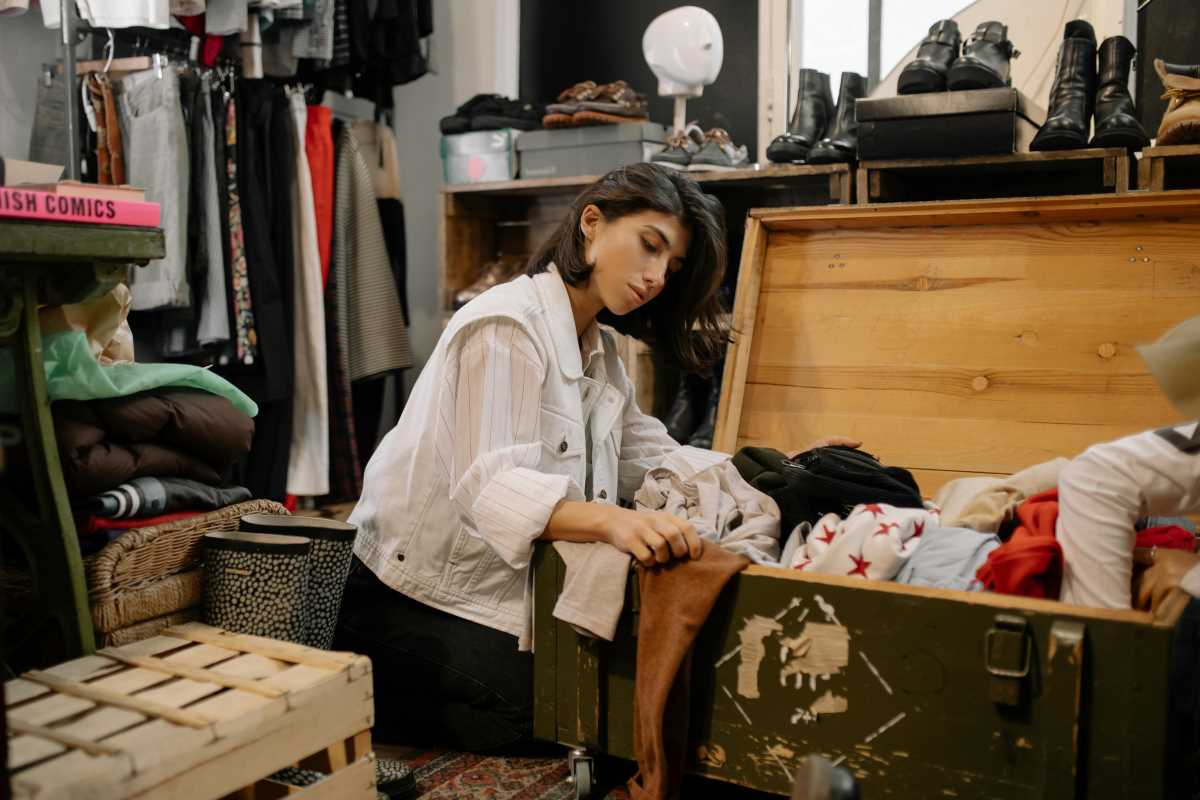 (Image via
(Image via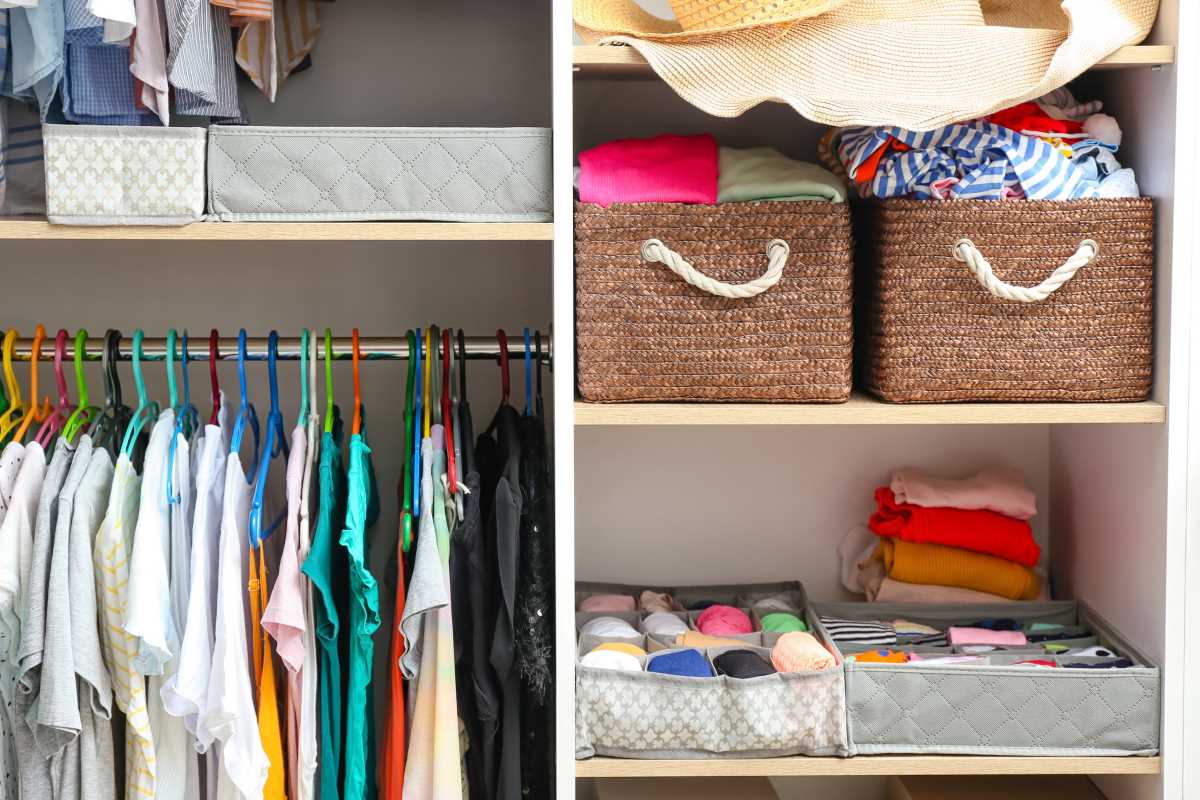
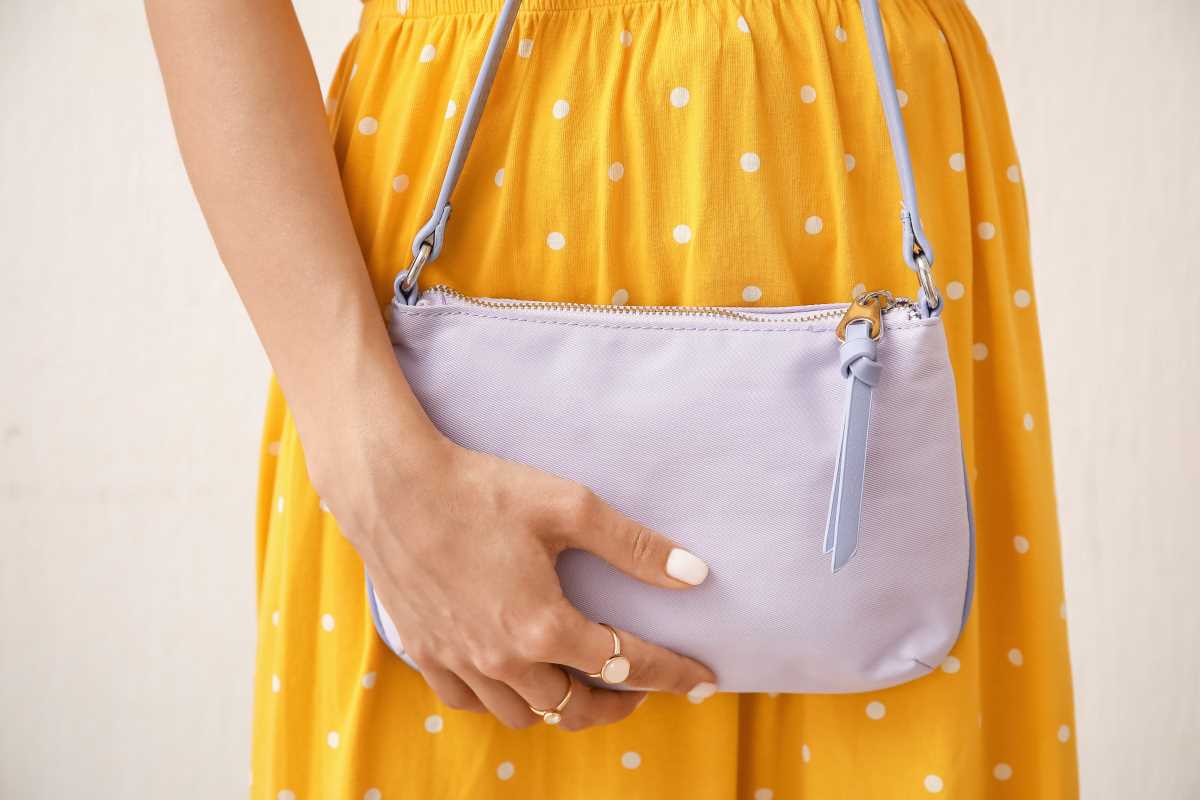
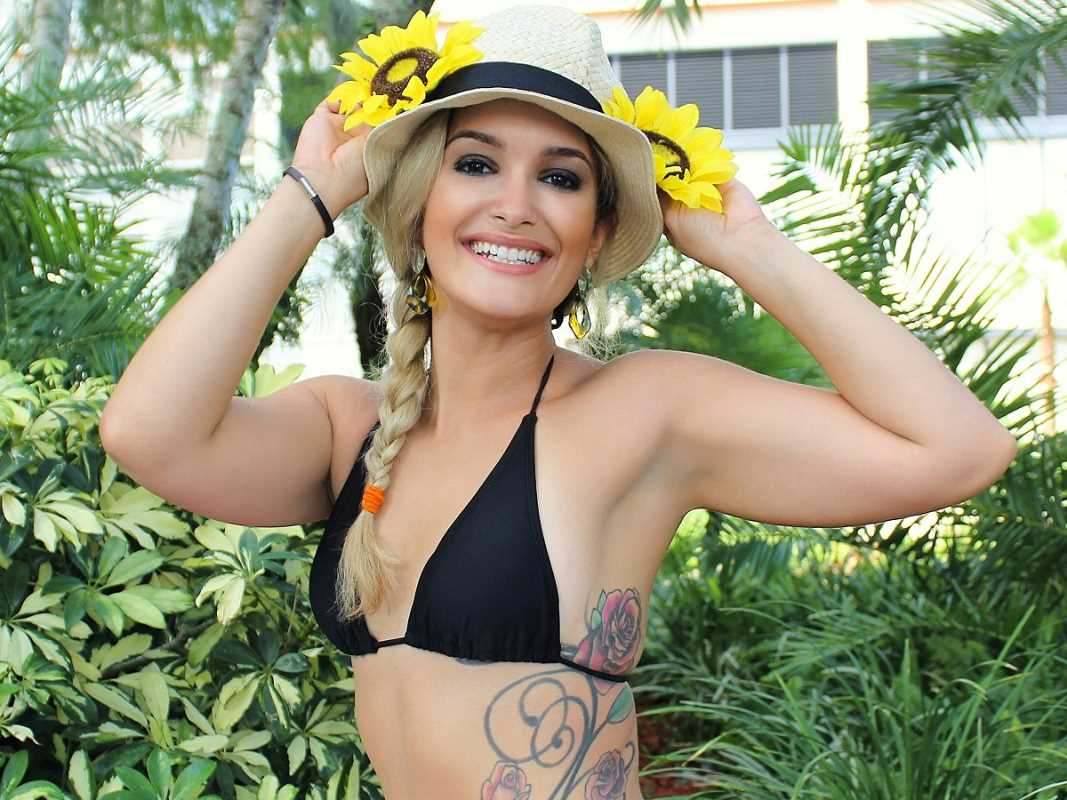
.jpg)
